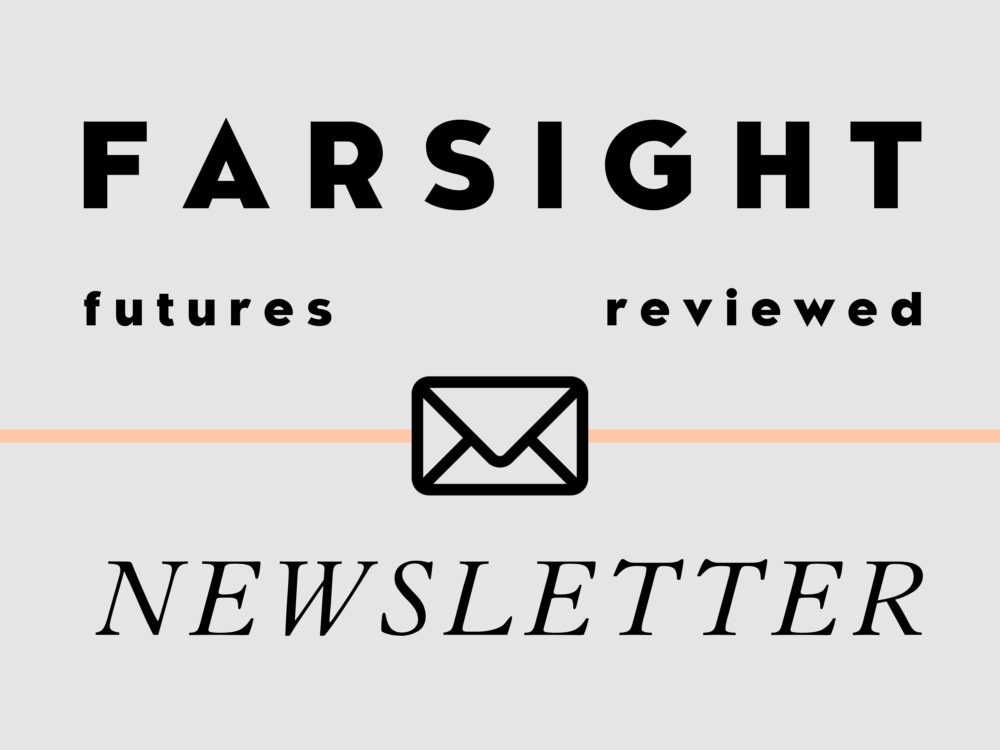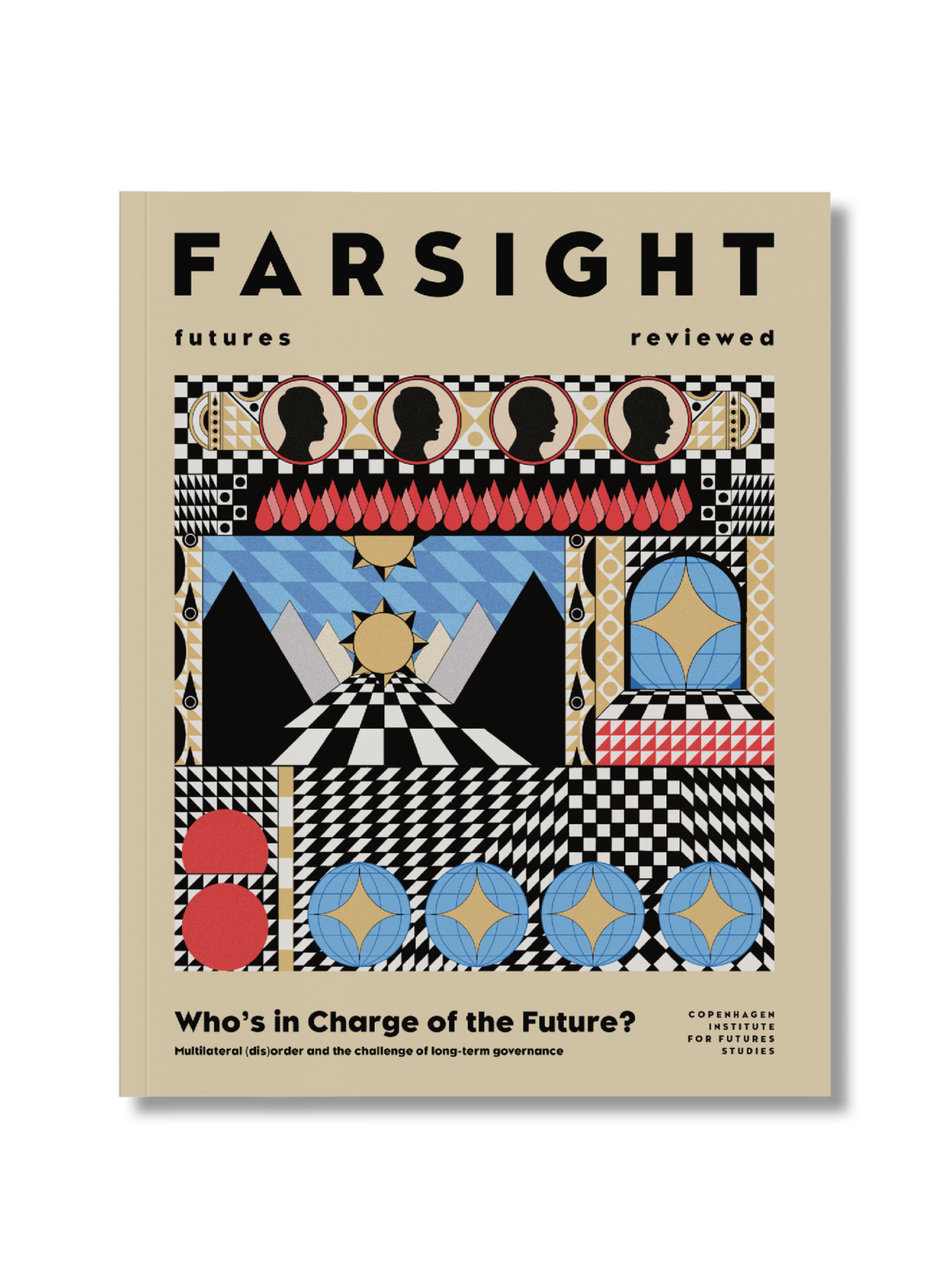
In turn, we use cookies to measure and obtain statistical data about the navigation of the users. You can configure and accept the use of the cookies, and modify your consent options, at any time.

We speak to researcher and adult content creator Aella about sex, technology, artificial wombs, and the future of disembodied sex.
Image: knowingless.com
‘Everything in the world is about sex, except sex. Sex is about power’, Oscar Wilde famously said. In day-to-day life, it can be easy to forget the profundity of this truth. What sets the human sexuality apart from almost all other species is a dimension beyond the reproductive: sex for pleasure, experimentation, and to discover the limits of the full spectrum of sensory experience. Yet within sexual encounters, an insular, constructed power dynamic has always existed.
Foucault, in his History of Sexuality, argued against the ‘repression hypothesis’ – the belief that earlier feudal and later prudish societies, such as the Victorians, succeeded in repressing sexuality. He argued that it is not power that causes sexual repression, but rather that power constructs sexuality. As monarchies with the power to dictate the death of their subjects became nation states interested in proliferating the life of their populations, the ideas of ‘healthy’ and ‘unhealthy’ sexuality emerged, which influenced society in ways we are only just beginning to understand.

Broaden your horizons with a Futures Membership. Stay updated on key trends and developments through receiving quarterly issues of FARSIGHT, live Futures Seminars with futurists, training, and discounts on our courses.
become a futures memberToday, half a century since the onset of the Sexual Revolution, technological strides such as contraception have significantly levelled the gendered outcomes of sexual dynamics. So, what’s next in the development of human sexuality?
Visions of the future of sex often concern increasingly advanced forgery – even better sex toys, even more realistic sex dolls, aphrodisiacs more successful than any before. These sensations on the physical plane will be complemented by ever deepening virtual immersion that expands where and how sex is had. The impact of technology on the power dynamics of sex is also up for debate, both as it relates to sexual encounters between individuals and with regards to the digital infrastructure that increasingly mediates them. How much do new platforms like OnlyFans empower, or disempower women? Who should own the data generated by digital pornography? Who will be designing the parameters for VR or AR sexual experiences? If we eventually upload our minds for completely digital somatic experiences, at what point does entirely virtual, simulated and disembodied sex no longer count as, well, sex?
Given the changes we’ve seen in the last half century, there’s no reason to doubt the potential for new technologies to rip apart old notions and norms. Silicon Valley is more than willing to cash in, and the sex tech industry has staggering growth predictions, with its total value expected to reach around $107 billion by 2030, according to Grand View Research.
An individual perhaps uniquely positioned to speculate on the new frontiers of human sexuality is Aella. Formerly working as an escort and cam girl who was one of OnlyFans’ top creators, Aella has since become known for her novel perspectives on the psychology of sexual dynamics, narratives, and preferences – both online and in real life. It’s possible her name is familiar to you if you’ve spent any time in Twitter’s techfocused communities.
Aella’s research encompasses entry and exit surveys of sex parties in Silicon Valley and data-driven analyses of attitudes and engagement towards pornography and digital sex workers. She summarises and shares all of it on her website, Substack blog, and Twitter account (where she also hosts live surveys). She is also an active participant in the Rationalist and Effective Altruist circles of discussion, particularly as they relate to AI safety, regulation, and development. That’s just scratching the surface though – Aella has amassed a collective following of over 350,000, and they’re not just there for her content, but also the insights she’s uniquely positioned to provide.
We start our interview by talking about the culture of optimisation, or acceleration, present in many of the circles of people she encounters in her research. Famously, tech industry influencers are obsessed with ‘optimising’ – whether it’s their physical and mental abilities, their startups, or just their daily commute. The common attitude seems to be that almost anything can be rationally maxed-out through technology. But what about the oldest activity in the world? Given the wealth of data now at our disposal, from porn sites to dating platforms, why don’t we have a better ‘theory’ of sex, or a guide to improved and enhanced sexual experiences?
“Other things we’re able to optimise have clear conditions – Am I hungry? You have a piece of food you can look at and know the ‘nutrients’ of. But sex falls elsewhere – it’s far more multifaceted,” Aella says. Her metaphor of ‘nutrients’ to describe sexual fulfilment will colour the rest of our conversation, particularly when we tackle what human sexuality will mean in the virtual world. “A lot of the problems that we are seeing today come from the inability to have the ‘full’ sexual experience via technology – a nutritionally balanced meal,” she says. “It’s currently this uncanny valley where we can satisfy some of our urges, but not others.”
Despite this, Aella believes we are moving in a freer, more permissive direction when it comes to sex. The last century has seen an incredible amount of improvement. “We now feel less shame around sex, and we’ve made pretty big strides in things like open communication with partners,” she says. “While we are very far from having ‘optimised’ sex, we started out egregiously… (women’s orgasms? What are those?)”
This increased willingness, in some cultures, to be open about sex hasn’t necessarily unmuddied the waters. What Aella’s online surveys tend to show is that our collective social narratives surrounding sex rarely reflect reality. “The way that people think about sexuality is full of confirmation biases,” she explains. “We have a whole mythology surrounding sex that is not reflected in the data at all. I see this in my research around fetishes for example. The more research I’ve done, the more I’ve realised that it’s not a simple narrative.”
One aspect in which Aella’s findings have subverted expectations relates to dominance and submissiveness – whether the high-powered CEO or banker is more likely to veer towards servility in bed, as the stereotype goes. Aella’s research found this to not be the case, and that there really does seem to be a direct correlation between power and agency in and outside the bedroom.
So, what does a more sexually mature society look like? Perhaps it is one where sex has been demystified and demythologised to the extent that we see it clearly for what it is – a primal urge not unlike eating, sleeping, or any other of life’s necessities. Aella does not seem convinced that this is the direction we should be headed.
“If it’s something that’s completely natural and pre-cultural, do we then look to animals? Is that the way sex is supposed to be?” The animal world, as we go on to discuss, is full of brutality, coercion, and hierarchy. “I’m a transhumanist when it comes to sex. There’s a lot of beauty in the natural world, but all in all, it’s still just horrible. Ultimately, sex comes from this. I would like us to entertain the idea of some sort of transhuman situation where we are exposed to less horror.” she says.
While advancements have undoubtedly been made in the last century, there’s plenty of pessimism regarding today’s techno-sexual landscape. The media consensus tends to take the stance that the current climate of infinitely available content is warping people’s understandings of sex with algorithmically promoted, extreme forms of internet porn, while also isolating us from the physicality of sex itself. Take Only- Fans, for example, a platform which can provide ‘sexual intimacy’ through an infrastructure that inevitably encourages parasocial connections between creators and consumers.
Aella sees it as more of a mixed bag. While she disagrees that porn is supposedly warping peoples’ sexual preferences (her own surveys indicate it’s merely making us discover what was already there), she does recognise the one-dimensionality of technology’s impact on sex today. “I like escorting in person,” she says. “It feels human and holistic. OnlyFans feels dehumanising for both me and the consumer. I’m glad it exists and wouldn’t choose to erase it if I could, but the downside is that I am treating these people as a collective: simply identifying the highest probability conversion to money. And they are identifying me as one of a series of endless faces, trying to figure out which one will give them the most tits. It’s a deeply transactional culture enabled by tech.”

Explore the world of tomorrow with handpicked articles by signing up to our monthly newsletter.
sign up hereAella also doesn’t consider herself a sexual revolutionary in the accelerationist sense – there’s no need to stomp on the gas pedal without being mindful of unintended consequences. “There are deep-seated beliefs about sex that are quite important to our sense of self. Wanting to ‘tear these down’ feels like disrespecting why those feelings are there in the first place,” she says, listing the examples of sexual jealousy and separation anxiety.
Shifting the conversation to a more speculative terrain, we ask Aella what forms of technology might have the most sexual revolutionary potential in the future.
If the state of today’s techno-sexual climate is making us ‘nutrient-deficient’, then tomorrow will not only provide us with a nutritionally balanced meal, but one that goes beyond nutrients altogether, Aella argues. We invite her to consider a scenario where braincomputer interfaces (BCIs) are widely used, and individual consciousnesses can be uploaded to the virtual realm (something Aella herself expressed anticipation for this in a recent interview with Lex Fridman). Assuming that virtually conscious beings can interact with one another, inevitably some of these interactions are sexual in nature. Would an entirely disembodied sexual experience, potentially without even a simulated ‘other’, cease being something we define as sex?
Aella clarifies that she doesn’t see any meaningful distinction between the virtual and ‘real’ world. “It’s straightforwardly good if we can provide more nutrients to more people, and I don’t care if it’s artificial or not,” she says. “If you could enter virtuality, like in Star Trek, to have sex with somebody and it’s identical to natural physical sex in every way, then who are we to say that it’s meaningfully different? Presumably, if you’re mind-uploaded, you’re still having direct sensations. The reason porn doesn’t feel like other things is because it’s very limited in sensation. It’s not connected to a huge amount of meaning for us.”
To recall Wilde’s quote about sex and power, what happens when technology and platforms enter the equation? How might the power dynamics of ‘sensationally identical sex’ change if, beyond the surface of your interaction, is the shadow of a company, government, or another person? Most will agree that what goes on in a bedroom between two consenting adults is none of the state’s business, but when sex is increasingly mediated by technology, external influence is unavoidable.
“I think that cryptography will help solve this,” Aella says. “We might see some sort of situation where ‘normal’ virtual sex happens with a high degree of cryptographic privacy, but if you’re one of the 1 in 1000 people doing more crazy shit, then there isn’t the universal incentive to ensure your privacy because there’s so few of you. This is already the case with porn.”
When asked which technology Aella thinks has the most potential at accelerating sexual equality, her answer is swift: artificial wombs. More science fiction than reality at present, some speculate that artificial wombs might one day allow a foetus to grow outside the human body. This, Aella believes, would relieve the burden for women as much as it currently is for men. “Taking away biological pregnancy could be a huge benefit,” she says.
Potentially, this could be yet another step past birth control that would have enormous impacts – on birth rates and mortality in childbirth, for one thing. Even more profound would be the potential social consequences for both women and men if pregnancy could be outsourced to technology. But unlike the Sexual Revolution of the past, the social ramifications of artificial wombs might not necessarily have a progressive bent, Aella believes. “I think we would see a lot of problems at first. My prediction would be that women would feel less valuable, overall, and that this might lead to a resurgence in the power of men.”
Artificial wombs are yet another step away from the physicality of reproduction, and another example of how technological development will continue to outpace the primordial ‘software’ human brains are still running. The question remains whether human sexuality, a notoriously difficult thing to pin down, is something we can ever research our way to a full understanding of.
When it comes to the interaction between this arcane force and technology in the future, Aella keeps it succinct. “Technology is going to introduce new ways of meeting people’s needs, whatever new forms those take. It’s simply going to take us a while to figure out how to mitigate the side-effects of meeting those needs.”

Get FARSIGHT in print.